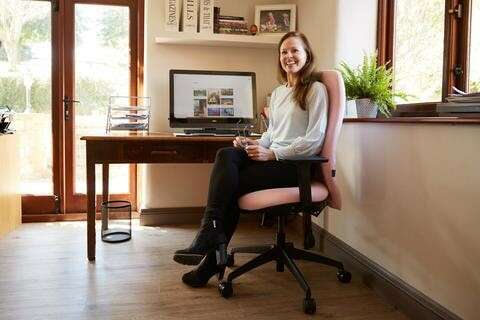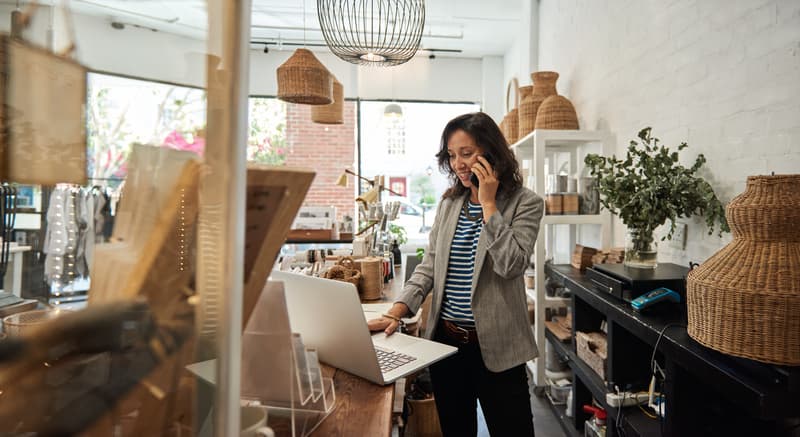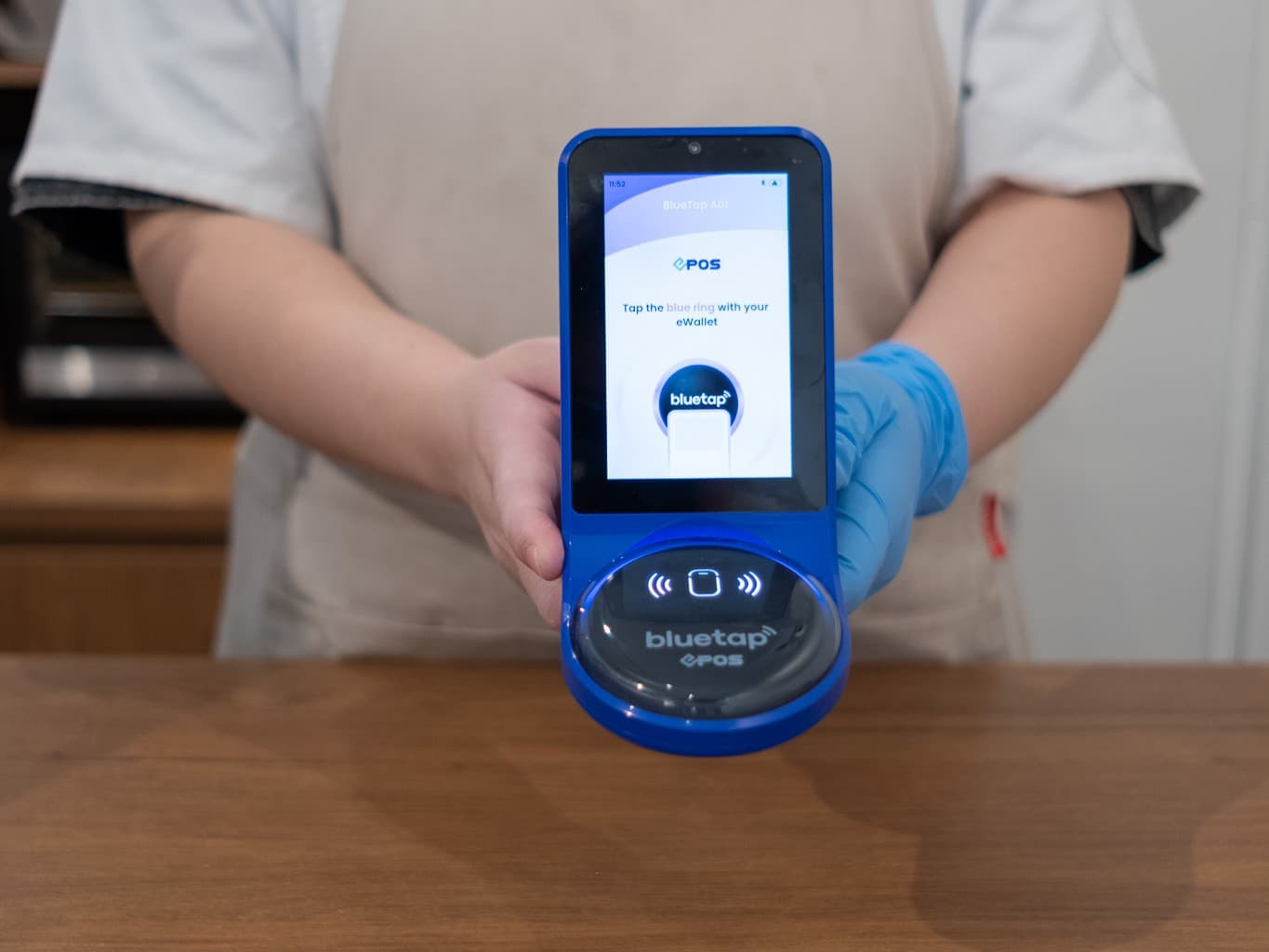
Summit At Home, (summitathome.co.uk) British manufacturers of Home Office Chairs, teamed up with Cornish GP, Dr Nicola Butler. ‘Top tips on how to cope mentally when you’re working from home – even if you live by the sea!
1st Get Social

Dr Butler explains social connections are so important when you are lone working, whether that be working from home or travelling around during the day. We crave human interaction, its one of our basic needs to have made good connections, so wherever possible get chatty and get interacting.
- Social contact is so crucial to a happy day. Talk to someone rather than email them, pick up the phone, don’t text and most importantly, take the time with them, listen and enjoy the conversation.
- Ask others how they are – engage on a non-work related issue and remember its OK to not be OK. Be honest with yourself and, where appropriate share your true emotional state if someone you are comfortable with asks.
- Be social in your stretch breaks. Like, share and comment – feel connected with the outside world. If this is on social media, choose only platforms and people that bring something positive to your life.
2nd Get Moving
Maintaining a good level of fitness and getting fresh air has been proven time and again to improve your mental wellbeing, reduce anxiety and contributes to lowering your risk from a whole host of health issues. The NHS recommends that 150 minutes of moderate exercise per week or 75 minutes of strenuous exercise reduces your mortality risk on almost every illness, so do not ignore its impact.
- Build in time to work out. Before, after or during the day.
- Stretching is a wonderful way to give yourself a 5-minute break.
- A 20min HIT (High Impact Training) session does wonders for your fat burning, cardio fitness and helps reduce your stress levels. Short enough to squeeze in between zoom meetings and easy to do in your lounge!
3rd Get Creative

(Summit at Home chair shown Inflexion in Calendar Pink, RRP from £249.99)
Our environment has so much impact on our mental state. A tidy office is a tidy mind really does work. Dr Butler advises
- Choose a nice room to work in, whether that be a bedroom, a boot room or a dining room. Use a comfortable chair, be somewhere warm, with plenty of light and with a view if possible.
- It sounds silly – but ‘get dressed’ for work even at home. OK, wear something comfy, and have you slippers on under your desk. But looking smart and taking care of your appearance are all ‘self care’ functions and help your mental state, self-esteem and motivation.
- Think about your workspace, your chair, your desk, you PC or laptop position, your light, your ventilation. These are all seemingly obvious, but so often overlooked. If you’re going to spend 8hrs a day somewhere stationary, make it the best space it can be.
- Can you liven up the walls? Kid’s paintings are always easy to pop up or move your favourite photo to your workspace to remind you of special memories and more exciting times. Remind yourself what and who matters to you most in life, getting your work/life balance into perspective every day will reduce stress and anxiety.
4th Give Back

Helping others can help you. Dr Butler works with Health4Homeless and see’s on a daily basis both people giving their time and efforts to help and those in great need. Getting involved in social and community projects has been linked to improved personal happiness and self-worth. Dr Butler suggests if you have the time, help a neighbour, or help a charity, some allow you to earn time credits to treat yourself with afterwards (timecredits.com). If you simply don’t have spare time then:
- Donate to a foodbank – it doesn’t have to be much but this is a vital community resource
- Christmas is coming – donate a small toy to a local collection scheme (most supermarkets have one)
- Have a good wardrobe clear out and donate to your local charity shop. If you’re selling on E-bay, could you donate a portion of the money you make to charity?
- Most importantly, just be kind. One act of kindness everyday will make you feel amazing. Try it!
5th Stretch Yourself Mentally
Challenging yourself and learning something new has been proven to help with self esteem issues. Achievements, big or small, have a massive impact on how you perceive your own progression and worth. Lockdown has been dull for many of us, so find something to inspire you. Pick a challenge and then break it down into small achievable chunks. Celebrate each milestone, giving you a real sense of meaning and achievement, here are her personal recommends:
- Try something new – ‘I have just taken up wild swimming and I love it!’
- Start couch to 5k, or an online dance class, or try a new sport. ’I have patients with advancing years who regularly body board, do martial arts and roller skate!’
- Make time for that book you’ve been meaning to read rather than endless screen time.
- Or keep it simple – Learn how to make a better cup of coffee or pick a new recipe each week.
6th Manage Stress

Work-related stress and mental illness accounts for over half of work absences – and costs British businesses an estimated £26 billion per annum. Dr Butler comments that people attending with stress related illnesses can dominate her general practice day, especially this year. Short term stress increases increased blood pressure and heart rate and the long term affects can lead to heart disease, strokes, diabetes and even weaken the immune system. Its worth everyone addressing, either in preventive or managing strategies.
Dr Butlers top tips for managing stress:
- Work is work, and home is home. Working from home can blur these lines of delineation and you have to firmly put them back into place.
- Take a few moments everyday to really focus on what’s important in your life and what really matters. Get your work life into perspective and set yourself a personal hierarchy of what you do have to address and what’s not worth your energy.
- Identify your stress triggers and put strategies in place to help manage and alleviate them.
- Stop for a few minutes when you can and breathe deeply. Take in a view. Go outside and look up at the sky, anything that centres you.
7th ERGONOMICS

Dr Butler explains this is just the fancy term for thinking about your environment, where the actual furniture should go, where you should sit, where the best light is, how high your table should be and where will your PC or laptop sit. Instead of arranging things how they ‘look best’, you must actually think about what will ‘work best’ for you. Repetitive strain injury (RSI) is really common in the office and is where small innocuous repetitive movements over time cause pain and inflammation in joints – often wrist and hands but also necks and shoulders. Badly designed seating, older style keyboards and awkward movements with a mouse are common causes. Use the internet to explore this and consult your GP if you think there is a problem.
- You want good lighting but don’t sit in direct sunlight. You need to have a table which is the right height in comparison with your chair.
- Ensuring you have an adjustable height chair is crucial to getting this part right.
- Make sure your armrests can slide underneath the tabletop so you can sit comfortably within reach of the keyboard. Avoid putting pressure from your elbows all day on arm rests or the desk.
- Make sure your feet can be placed flat on the ground and at a slight downward angle. Chairs which have sloped adjustable seats which move with your body give the optimum health benefits.
- Don’t be cramped – if you need to move furniture out of your workspace, do so, you are going to spending a lot of your time here!


